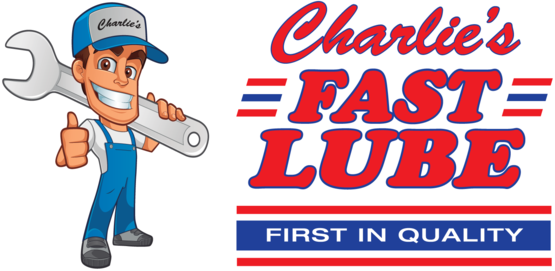Oil's Well That Ends Well (Oil Change Grades and Weight)
March 24, 2024
Changing your oil regularly is one of the most important things you can do to keep your vehicle running well. And knowing the right type of oil to use is also very important.
Engine oil is classified by weight, but it doesn't refer to how much the oil would weigh if you put it on a scale. It refers to viscosity, or how easily the oil flows through the engine. Most engines operate normally at around 210°F/99°C. The viscosity, or weight, is assigned a number by how well it flows at that temperature. The lower the number, the more freely it flows.
Most vehicle engines use what's called a multigrade oil which behaves differently in different temperatures. Multigrade oils have a "W" in their viscosity number that you may have seen on a bottle of oil, something like 5W30. The W stands for winter and shows how freely it flows in colder temperatures.
That means a 5W30 oil will behave like a 5 weight oil in lower temperatures (less viscous or thinner) and a 30 weight oil in warmer temperatures (more viscous or thicker). That's important on a cold day because the oil needs to behave like a thinner oil when you start your engine since it need to lubricate engine components immediately to protect the metal components. Then as the engine warms up, it behaves like a thicker oil to prevent friction among those parts. Pretty neat trick, right?
The type of oil you use can differ depending on what type of climate you operate your vehicle in and how your vehicle is used (carrying big loads, towing, etc.). Your owner's manual contains several different recommendations based on these factors. Your service advisor can recommend the right oil for your needs. Like Shakespeare said, "Oil's well that ends well."
Charlie's Fast Lube Jackson
1901 E. Jackson Blvd.
Jackson, Missouri 63755
575-243-2226
http://www.charliesfastlubejackson.com
Need Service?
More articles from Charlie's Fast Lube Jackson

Losing Your Cool (AC Condenser Replacement)
February 22, 2026
Its always more comfortable in your vehicle when you can control temperature and humidity in the cabin. Air conditioning, which is standard on most newer vehicles, is a vital part of that comfort, and a key component of that system is the condenser. The condenser converts the refrigerant gas into... More

Always on Guard (TMPS)
February 15, 2026
One of the most important things you can do to keep your vehicle running safely is to make sure your tires are properly inflated. If one or more is vastly over- or underinflated, that has the potential to cause major handling problems and may result in a dangerous accident. All vehicles in recen... More

A Most Important Part (Serpentine Belt Replacement)
February 8, 2026
Your vehicles engine is an engineering work of wonder with many complex parts working in harmony to get you down the road. One of those simple but important components is called a serpentine belt. It is driven by a pulley on the engine and transfers that power to many of your engines most importa... More









